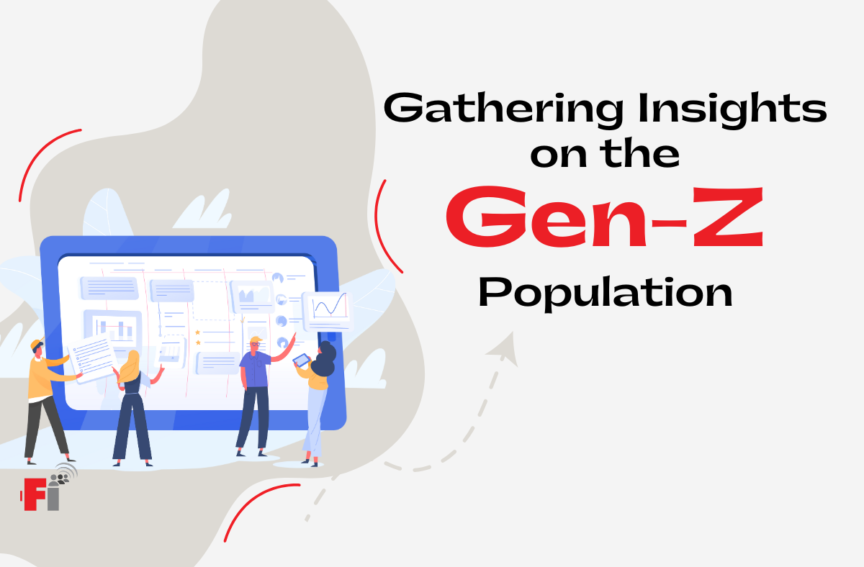Edited by Elizabeth Zuponcic
Many brands shifted their focus to millennial consumers when it became clear that this generation surpassed baby boomers in terms of numbers. Millennials are currently the biggest cohort in the U.S. with an estimated 85 million of them, heavily influencing the consumer industry for many years to come. For this reason, targeted marketing strategies aimed at this cohort make sense. However, coming up behind the millennial generation is Gen-Z. Though the Gen-Z population may not be as large as Millennials, this up-and-coming generation’s influence on the market is why companies need to understand them ASAP.
Millennials came of age at a later time in their lives before being exposed to the digital era, whereas Gen-Z has been exposed to the digital era since birth. Born between 1997-2013, the Gen-Z population is considered the first true digital natives. This fluency in all things tech is partly what sets this generation apart from millennials, resulting in very different consumption behaviors. It’s anticipated Gen-Z will create an enormous ripple effect throughout our economy given their impact on brand and product choices and shopping preferences.
When conducting qualitative market research, audience segmentation is critical when coming up with marketing strategies aimed at Gen-Z so as not to lump them in with millennials. Within market research, there are several tactics to gather information about Gen-Z and how they interact with products and services.
Social Media Listening
According to a survey conducted by Morning Consult, 98% of Gen-Zers spend a portion of their day on social media, with over half of them spending four hours or more per day. The survey further revealed YouTube as the most used platform with Instagram coming in second. It may come as a surprise to learn that TikTok ranks third.
Given the amount of time this generation spends online yields copious amounts of research data for market researchers from which to draw crucial insights. Using qualitative listening methodologies, market research firms are able to mine thousands of internet conversations through social media listening. While this sounds alarming, keep in mind that these conversations and trends are public; reputable firms will never violate privacy rules when collecting data through social listening.
Mobile Ethnographic and Online Research with Gen-Z
Because technology is deeply embedded in the lives of the Gen-Z population, using mobile ethnographic and online research to collect data on this cohort’s typical routines and patterns is the most effective method for maintaining engagement. Once recruited into a study, participants may be asked to perform a variety of assignments through an online platform that captures responses in real-time. Typically, participants are asked to provide rankings, respond to short questions, or upload media files.
The data generated by their responses allows patterns to be identified, capturing crucial insights that may be relevant to a company’s product. Mobile ethnographic and online research are preferred among the younger generation as opposed to more traditional methods, such as focus groups, in-depth interviews, or in-person observation.
Gen-Z and Focus Group Discussions
While online research plays a big role with Gen-Z populations, not everything can be captured through online platforms. Tried-and-true in-person conversations remain relevant. Focus groups and in-depth interviews continue to provide incredible learning opportunities with Gen-Z groups, providing constructive and engaging conversation opportunities. Insights gleaned from such conversations are beneficial for launching a product or shaping a brand. Commitment and follow-through can pose a challenge when requesting these higher engagement studies. As a result, frequent reminders are a must and offering attractive incentives increases success rates.
Gen-Z is internet savvy, frequently makes purchases online, and is ambitious about meaningful work. Understanding this generation’s behaviors and how they are influenced will guide companies in their marketing strategies.
Our team is well-versed in recruiting the Gen-Z population for market research consumer studies. Request a proposal to start the conversation on recruiting for your project today!
Updated on May 11, 2023: We are committed to providing our readers with the latest information and updating our previous articles as needed. We hope that you find this updated information informative and useful.


